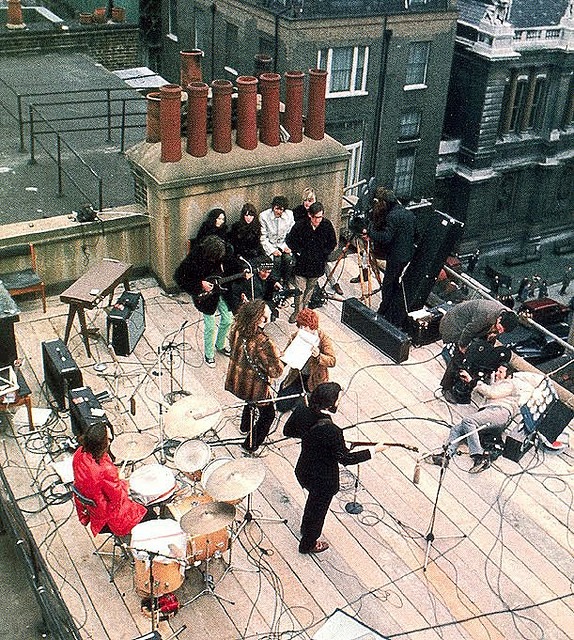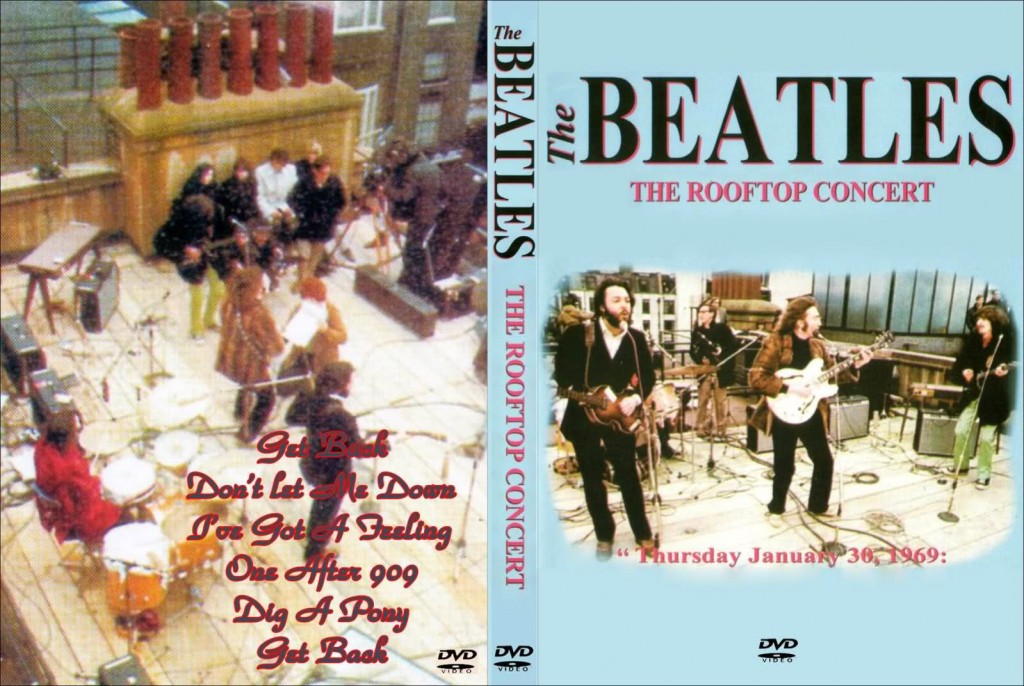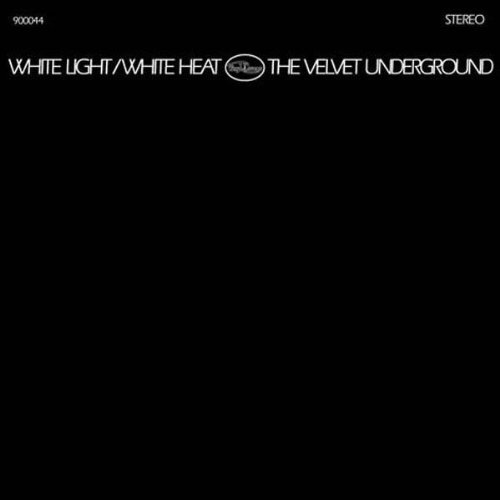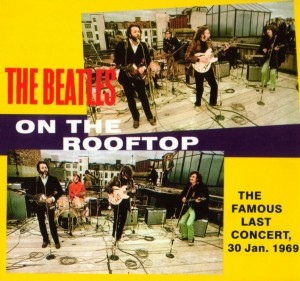 |
“I’d like to say thank you on behalf of the group and ourselves, and I hope we passed the audition” – John Lennon |
The Beatles played the Rooftop concert Apple building January 30, 1969
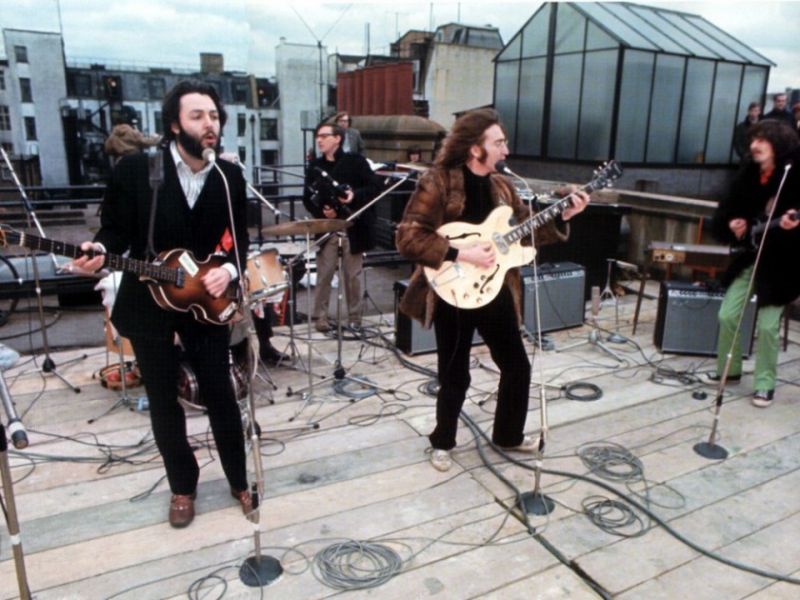
“I’d like to say thank you on behalf of the group and ourselves, and I hope we passed the audition” – John Lennon
Trying to come up with a conclusion for the film, Let it be, it was suggested that the band play an unannounced lunchtime concert on the roof of the Apple building. On 30 January, The Beatles with Preston played on the rooftop in the cold wind for 42 minutes, about half of which ended up in the film.
The songs performed in the Rooftop concert, Apple building:
- Get Back (5 versions)
- I Want You (She’s So Heavy)
- Don’t Let Me Down (2 versions)
- I’ve Got A Feeling
- One After 909
- Danny Boy (in between the main songs)
- Dig A Pony (2 versions)
- God Save The Queen (incompl.)
- A Pretty Girl Is Like A Melody (between main songs)
The Concert:
The Beatles Rooftop Concert 1969 London (HD) from lordcris on Vimeo.
The Beatles started with a rehearsal of “Get Back,” then played the five songs which are shown in the film. After repeating “I’ve Got a Feeling” and “Don’t Let Me Down,” takes which were left out of the film, the Beatles are shown in the film closing with another pass at “Get Back” as the police arrive to shut down the show. (Wikipedia)
The songs were used as a whole or in parts on the album, in the film and later on Anthology 3 and on the re-release/reworking of Let it be, Let it be…naked.
The Apple building concert was the first live gig since The Beatles stopped touring 29. August 1966 (tired of screaming girls and not beeing able to hear themselves through the screams) and it was to be their last. It’s a fantastic show, sweet and short, really makes us long for more. It gives us a glimpse of what could have been, and it shows us what a magnificent live band they were.
“We went on the roof in order to resolve the live concert idea, because it was much simpler than going anywhere else; also nobody had ever done that, so it would be interesting to see what happened when we started playing up there. It was a nice little social study.
We set up a camera in the Apple reception area, behind a window so nobody could see it, and we filmed people coming in. The police and everybody came in saying, ‘You can’t do that! You’ve got to stop.'” – George Harrison (Anthology)
Whatever animosity there was between the four guys it doesn’t show, it looks like they have the time of their life, it is a magnificent live farewell.
It is also one of the most bootlegged shows in rock’n roll history, both on audio and film.
Let’s hope for an official Let it Be Blu-Ray release, maybe with the rooftop concert as a separate extra feature (with all available footage).
Other January 30:
Velvet Underground released White Light/White Heat in 1968
From Allmusic:
The world of pop music was hardly ready for The Velvet Underground’s first album when it appeared in the spring of 1967, but while The Velvet Underground and Nico sounded like an open challenge to conventional notions of what rock music could sound like (or what it could discuss), 1968’s White Light/White Heat was a no-holds-barred frontal assault on cultural and aesthetic propriety. Recorded without the input of either Nico or Andy Warhol, White Light/White Heat was the purest and rawest document of the key Velvets lineup of Lou Reed, John Cale, Sterling Morrison, and Maureen Tucker, capturing the group at their toughest and most abrasive.
– Mark Deming
Dylan & the Dead is a collaborative live album by Bob Dylan and the Grateful Dead, released in 1989 (January 30 that is) by Columbia Records. It consists of seven songs written and sung by Dylan, with the Dead providing accompaniment. The album was produced by Jerry Garcia and John Cutler.Dylan & the Dead was recorded in 1987, during a successful stadium tour of the same name. Songs from two of the Grateful Dead performances are documented on the album View from the Vault IV.

Not a very good Dylan record.
By far the best song on the album is good live version of “Queen Jane Approximately”
Sam John Hopkins (March 15, 1912 – January 30, 1982) better known as Lightnin’ Hopkins, was an American country bluessinger,songwriter, guitarist and occasional pianist, from Houston, Texas. Rolling Stone magazine included Hopkins at number 71 on their list of the 100 greatest guitarists of all time.
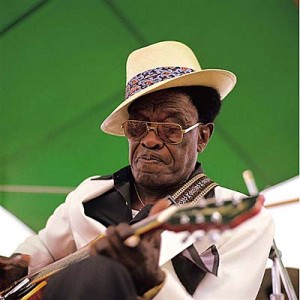
Professor Longhair (December 19, 1918 – January 30, 1980; born Henry Roeland Byrd, also known as Roy “Bald Head” Byrd and asFess) was a New Orleansbluessinger and pianist. Professor Longhair is noteworthy for having been active in two distinct periods, both in the heyday of early rhythm and blues, and in the resurgence of interest in traditional jazz after the founding of the New Orleans Jazz and Heritage Festival.
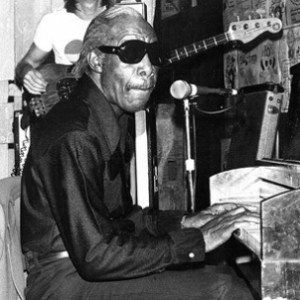
Philip David Charles “Phil” Collins, LVO (born 30 January 1951) is an English singer-songwriter, drummer, pianist and actor best known as a drummer and vocalist for British progressive rock group Genesis, Brand X, a solo artist, producer (Eric Clapton, John Martyn, Adam Ant, Howard Jones, Frida, Robert Plant etc.), author and session musician.
– Hallgeir & Egil

